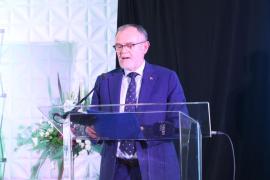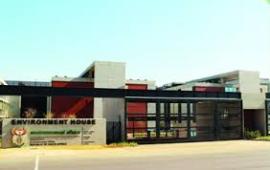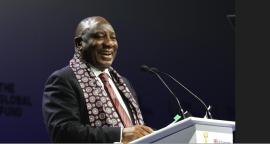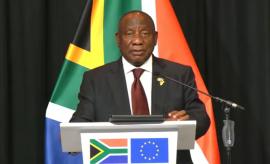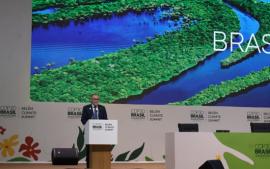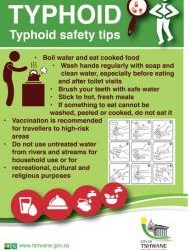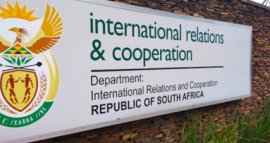With the official opening of Extrupet’s new food-grade Polyethylene Terephthalate (PET) plastic recycling plant in Cape Town, government has encouraged the waste sector to invest in building a circular economy that works for all.
This plant adds 15 000 tonnes of recycled PET per year, taking Extrupet’s total output from 30 000 to 45 000 tonnes. With phase two planned, national capacity will reach 60 000 tonnes next year.
“Allow me to commend Extrupet, Propet and PETCO for your investment and commitment. This is the leadership we expect from industry, a step that shows South Africa’s waste sector can be a cornerstone of the circular economy,” Forestry, Fisheries and the Environment, Dr Dion George said.
Addressing the opening of the facility in Cape Town, on Monday, the Minister said the investment in the plant also supports competitiveness.
New European Union rules require plastic beverage bottles to contain at least 25% certified recycled PET.
“With local food-grade recycled polyethylene terephthalate available at scale, Western Cape producers are better placed to meet these standards and to protect export markets. This facility is more than bricks and machinery; it is a symbol of how South Africa can turn a crisis into an opportunity.
“It shows that with clear policy, vision and partnership, plastic waste can be transformed from a burden on our environment into a driver of jobs, innovation and inclusive growth. Government’s role is to create the enabling environment,” George said.
The National Development Plan, the National Waste Management Strategy and the Extended Producer Responsibility regulations set the framework.
“Industry makes it real through investment and delivery. When business and government pull in the same direction, we achieve growth and sustainability together,” George said.
The Minister stressed that PET plastics are among the most visible materials in the waste stream, and they are among the most valuable when properly collected.
“Waste pickers know this value. For many, PET is not waste, it is income and dignity. If we collect PET properly, it supports livelihoods and builds enterprises. If we do not, it ends up in landfills, rivers and oceans. That is the choice before us, and this facility tilts the balance towards opportunity.
“Supply must meet demand. Waste pickers and Small, Medium and Micro Enterprises (SMMEs) are central to that supply. They are not on the margins of this story; they are at its heart. Our work with municipalities to integrate waste pickers into formal systems will strengthen this value chain,” he said.
Government’s extended producer responsibility (EPR) regulations require producers to meet clear targets for collection and recycling, including for different grades of PET.
PETCO plays a critical role as the Producer Responsibility Organisation that supports compliance and builds the system.
“Because of this collaboration, more than 70% of PET beverage bottles placed on the market by PETCO members are collected and recycled. This is how regulations become reality. Facilities like this expand capacity. Waste pickers collect and sort the material. Companies invest in infrastructure, skills and awareness,” George said. – SAnews.gov.za

